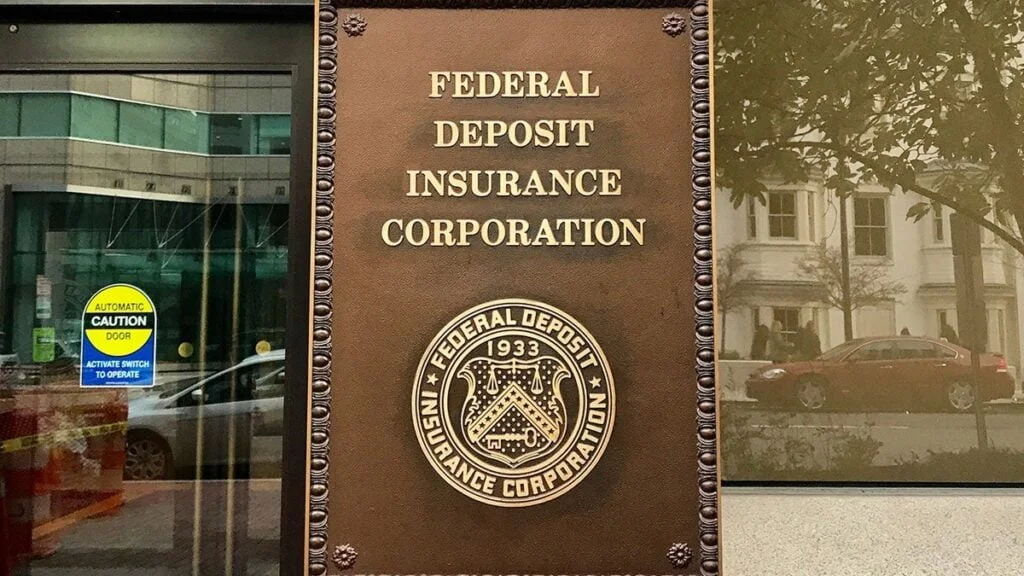The FDIC may not protect deposits made using mobile payment apps, and clients may not be aware of this fact, according to a US Watchdog.

In a study released on June 1, the United States Consumer Financial Protection Bureau (CFPB) cautioned Americans to keep their money in protected accounts rather than on uninsured payment apps.
The potential of loss in the case of a crisis is growing increasingly problematic due to the popularity and usefulness of nonbank peer-to-peer (P2P) payment apps, including for crypto asset transactions, the watchdog stated.
Since the failure of cryptocurrency platforms like FTX, Voyager, and others last year, people are more aware of the Federal Deposit Insurance Corporation’s (FDIC) coverage, and this year’s banking crisis resulted in the loss of hundreds of millions of dollars from customers, according to the cfpb.
Despite this, billions of dollars are kept on payment service applications without the protection of the FDIC.CFPB identifies PayPal, Venmo, Cash App, Apple Pay, and Google Pay as examples of P2P apps that offer stored value services “that closely resemble deposit accounts.” Meta Pay does not provide such services.
Payment service providers are encouraged to persuade clients to store money with them because, while the services rarely pay interest on kept money, the provider may utilize the funds for investments, subject to legal restrictions; providers run the risk of their investments depreciating.
According to the CFPB, even if a customer’s assets were kept in an FDIC-insured account, the customer’s eligibility for pass-through deposit coverage is only assessed after a failure has occurred.
Additionally, the insurance guards against bank failure rather than payment service failure, which is typically governed at the state level and is not overseen by the federal government. Most state laws were created to facilitate the transit of money, not its storage.
Therefore, money kept in a program bank by PayPal or Venmo may be eligible for pass-through insurance, but money invested by the providers is not. Customers might not be aware of the location of their deposits.
Crypto asset transactions are being made possible via mobile payment systems. Although services like PayPal and Venmo permit users to retain cryptocurrency in their accounts, crypto-assets are not insured.
